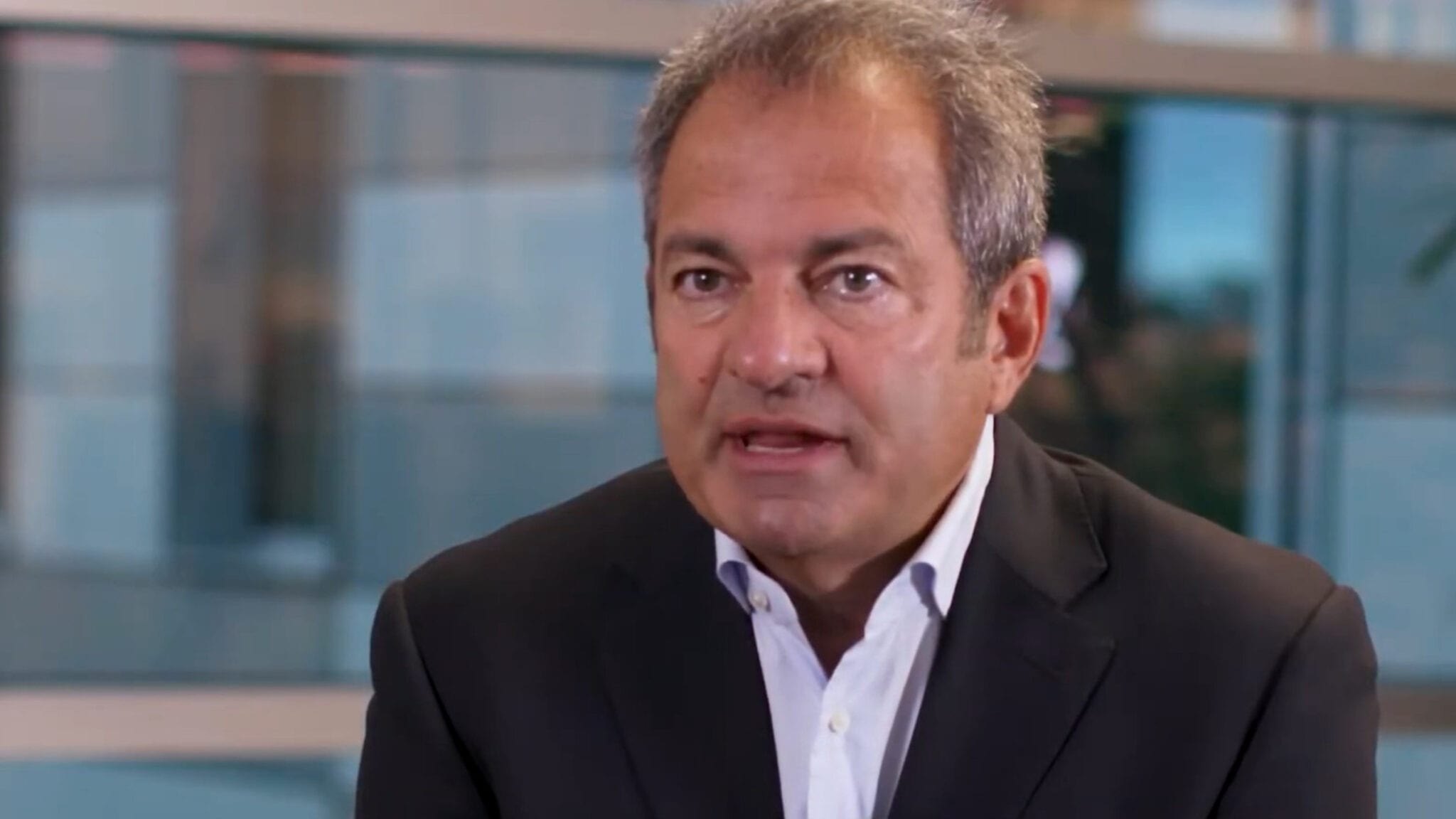
Michel Vounatsos, Biogen CEO (via YouTube)
FDA OKs aducanumab for Alzheimer's, turning controversial Biogen drug into a megablockbuster
The FDA has approved the Biogen drug aducanumab for Alzheimer’s, a stunning decision that caps nearly two years of controversy and hands the large biotech …
Sign up to read this article for free.
Get free access to a limited number of articles, plus choose newsletters to get straight to your inbox.